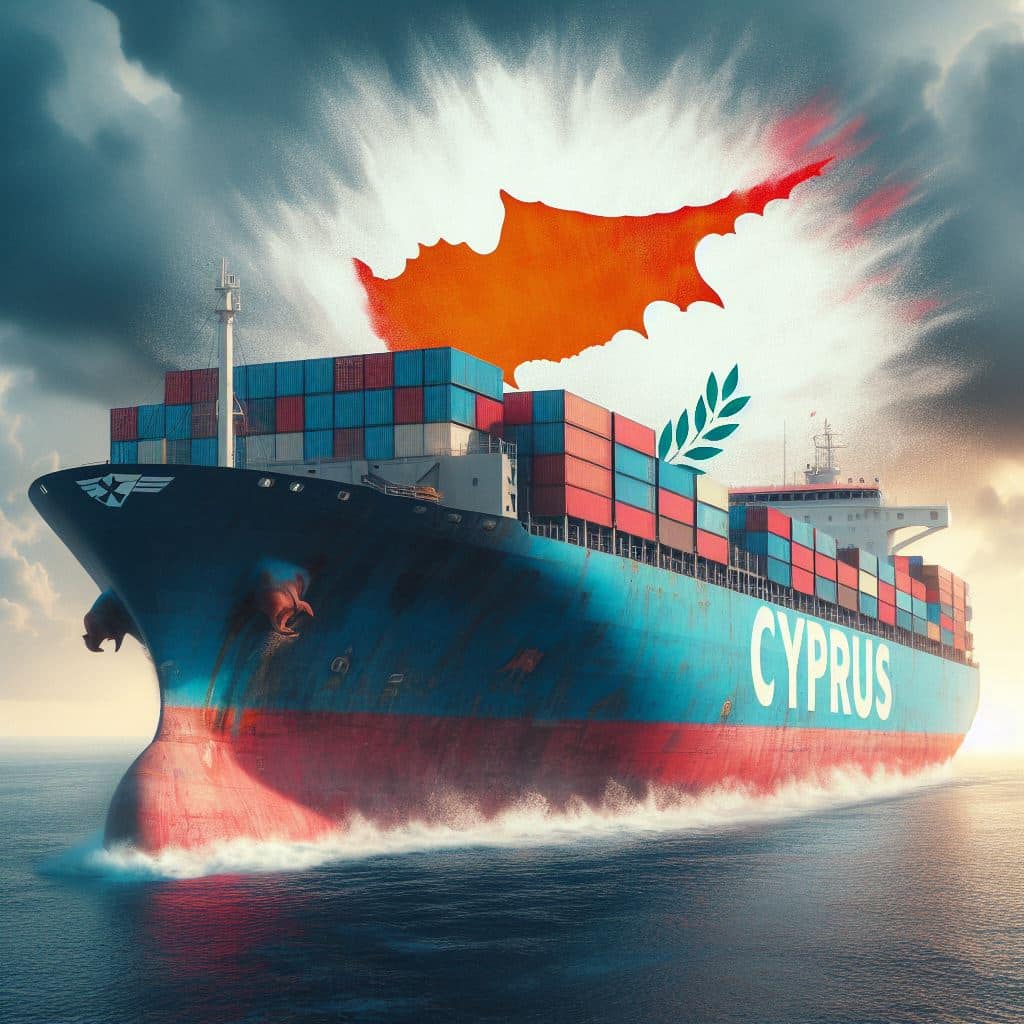The Cyprus Shipping Chamber (CSC) has raised concerns over a proposed bill aimed at tightening rules for sustainable fuels in the transport sector.
The draft law, titled the Sustainability and Fuel Emissions Amendment Law of 2025, seeks to update the 2022 and 2024 fuel sustainability laws.
It aims to partially align Cyprus legislation with European Union directives, including Directive (EU) 2023/2413 and Regulation (EU) 2023/2405, covering renewable energy in transport and sustainable aviation fuels.
The bill sets new binding targets for renewable fuels and emissions reduction in transport.
By 2030, EU member states must ensure renewable energy makes up at least 29 per cent of final energy consumption in transport or that greenhouse gas emissions intensity falls by at least 14.5 per cent compared with a reference level of 94 grams CO2 per megajoule.
The draft law also requires that advanced biofuels and biogas, as well as non-biological renewable fuels, make up at least 1 per cent of transport energy by 2025 and 5.5 per cent by 2030.
For shipping specifically, the indicative target for non-biological renewable fuels is 1.2 per cent of total energy by 2030.
The bill introduces stricter sustainability and emissions criteria, closer verification of compliance, and the creation of an EU-wide database to record fuel sustainability data.
It also outlines methodologies to calculate transport targets and penalties for non-compliance.
For aviation, the law imposes obligations on fuel suppliers to use sustainable and synthetic aviation fuels and submit annual reports, with fines for missed targets or false reporting.
Additional measures cover the detection of violations concerning the quality of ship fuels.
During its submission of proposals, the Cyprus Shipping Chamber welcomed the chance to participate in the public consultation process on the bill.
It mentioned that the draft law introduces enhanced checks and verification mechanisms for biofuels, biogas, and renewable fuels in cooperation with the Deputy Ministry of Shipping.
The CSC said the verification is necessary but must remain practical and avoid excessive administrative or financial burdens on local suppliers.
It added that the procedures, documentation requirements, and timelines for compliance verification must be clarified.
The chamber also called for the possibility of digitalisation and alignment with existing European databases to prevent duplicate reporting, such as through the International Sustainability and Carbon Certification (ISCC) system.
The CSC recommended that local shipping fuel suppliers should be registered entities with valid certification in the ISCC or other EU-recognised systems.
The draft law allows for laboratory checks of ship fuel samples and administrative fines up to €200,000, along with the potential detention of ships if sulphur content exceeds the limits set by decree.
The chamber said the penalties are significant and the risk of vessel detention is a serious commercial issue.
It stressed that sampling, testing, and appeal procedures must be transparent, fair, and allow supplier participation.
It also said that clear protocols should exist for the monitoring chain, retesting, and dispute resolution to protect suppliers from unjustified sanctions.
The CSC highlighted that representative samples are usually those listed on Bunker Delivery Notes, but MARPOL samples or tank samples can also be considered valid.
It stated that an out-of-specification sample may be caused by human error, residue in pipes, or poor sampling practices, and additional tests or analyses may be needed to determine true sulphur content.
The chamber said suppliers must submit detailed annual data on energy consumption, renewable content, and sustainability and emissions criteria, with information uploaded to the EU database.
It warned that reporting requirements are extensive and may require significant investment in systems and training.
The CSC pointed out that the shipping sector already follows strict verification and reporting rules under EU Regulation 2015/757 on monitoring, reporting, and verification of CO2 emissions from maritime transport.
It said introducing additional parallel reporting for shipping fuel suppliers could create duplicate oversight and inconsistencies, reducing regulatory effectiveness.
The chamber emphasised the operational realities of international shipping, saying that fuel supplied in an EU port may be consumed outside the EU, raising questions about the practical value and regulatory logic of requiring suppliers to report fuel consumption data to the member state where the refuelling occurred.
It warned that extra administrative reporting duties would be a heavy operational and financial burden, particularly for smaller suppliers.
The CSC recommended focusing on simplifying and harmonising reporting obligations, using existing mechanisms like EU Regulation 2015/757, and ensuring new requirements are proportionate, targeted, and aligned with international shipping practices.
The chamber also highlighted additional considerations, including separating supplier and shipowner responsibilities, exempting transit fuels, implementing a transition period without sanctions, and offering incentives for green fuel investments.






Click here to change your cookie preferences